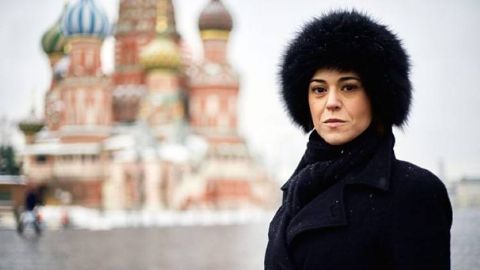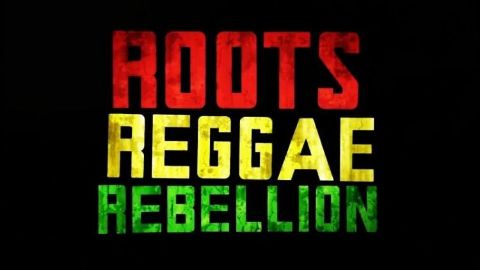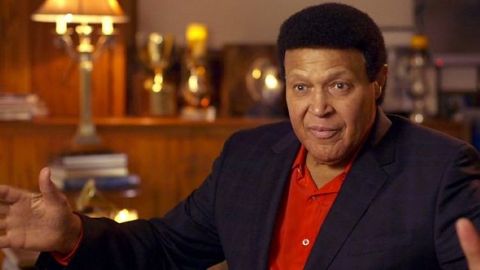Dictatorship • 2017 • episode "S1E2" • Tunes for Tyrants
Suzy Klein reaches the 1930s, when the totalitarian dictators sought to use and abuse music for ideological ends. Suzy looks at the lives of Richard Strauss, Dmitri Shostakovich and Sergei Prokofiev, who produced some of the 20th-century's best-loved music whilst working for Hitler and Stalin. The political message of Peter and the Wolf is revealed as well as the secret code hidden in Shostakovich's quartets and Strauss's personal reasons for trying to please the Nazis. Suzy also uncovers why Hitler adored Wagner but banned Mendelssohn's Wedding March; how Stalin used music to subtly infiltrate minds; and why Carl Orff's Carmina Burana, a Nazi favourite, appeals to our most primitive senses. Suzy also raises some intriguing questions: Can we pin meaning onto music? What are the moral responsibilities of artists? And did the violence and tyranny of those regimes leave an indelible stain on the music they produced?
Make a donation
Buy a brother a hot coffee? Or a cold beer?
Hope you're finding these documentaries fascinating and eye-opening. It's just me, working hard behind the scenes to bring you this enriching content.
Running and maintaining a website like this takes time and resources. That's why I'm reaching out to you. If you appreciate what I do and would like to support my efforts, would you consider "buying me a coffee"?
Donation addresses
BTC: bc1q8ldskxh4x9qnddhcrgcun8rtvddeldm2a07r2v
ETH: 0x5CCAAA1afc5c5D814129d99277dDb5A979672116
With your donation through , you can show your appreciation and help me keep this project going. Every contribution, no matter how small, makes a significant impact. It goes directly towards covering server costs.








